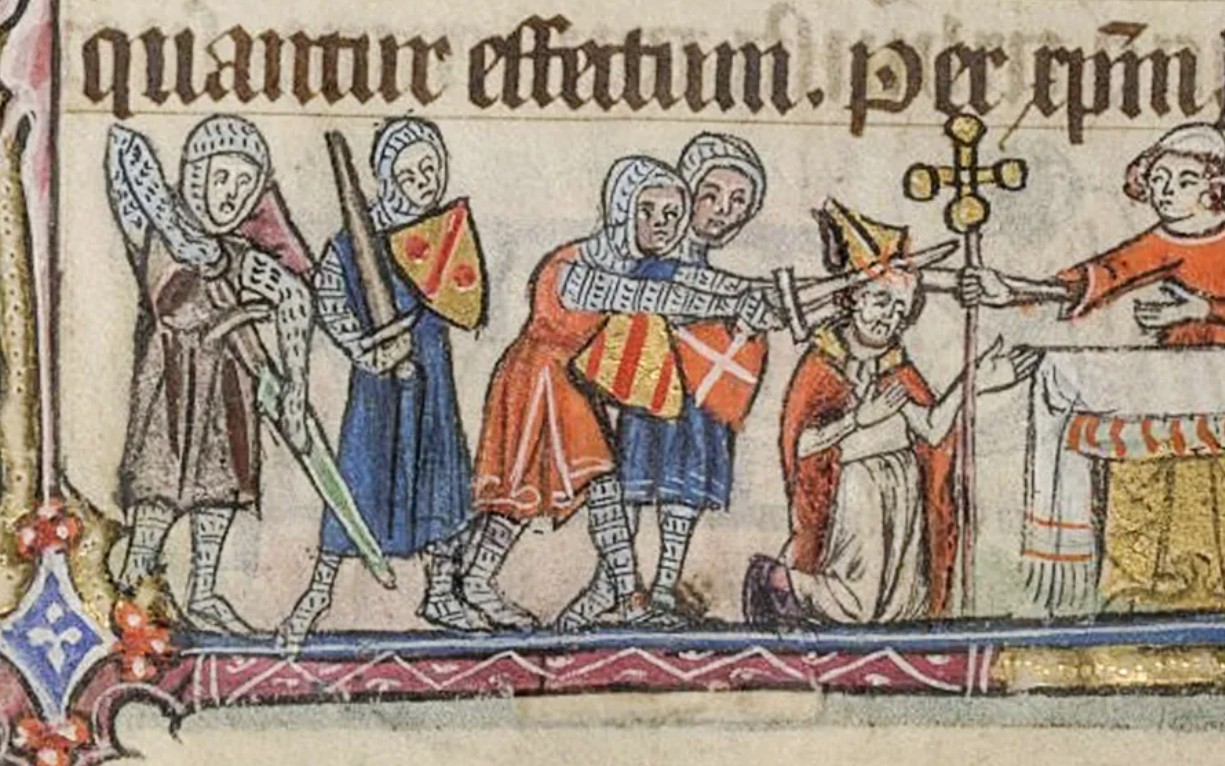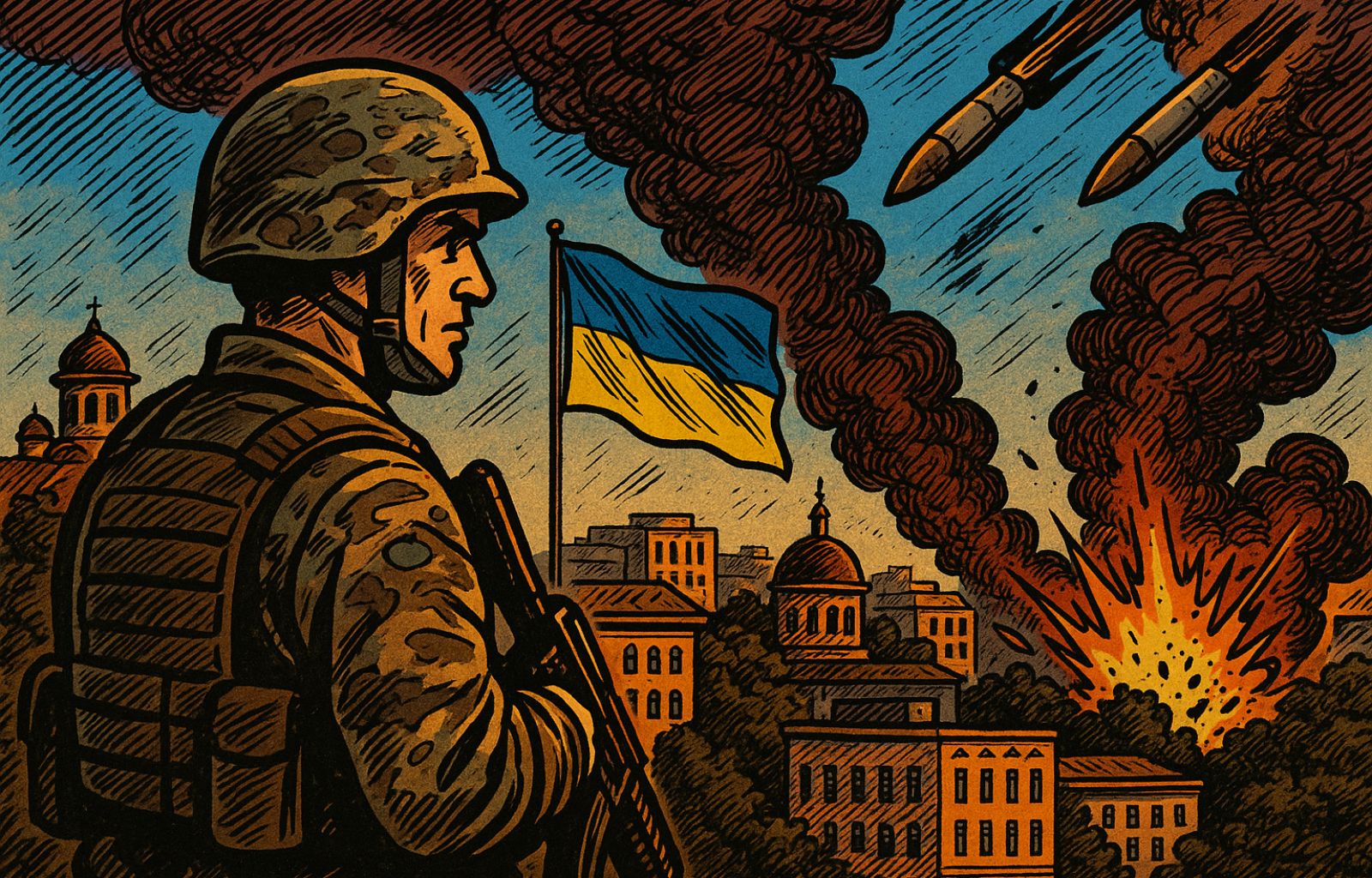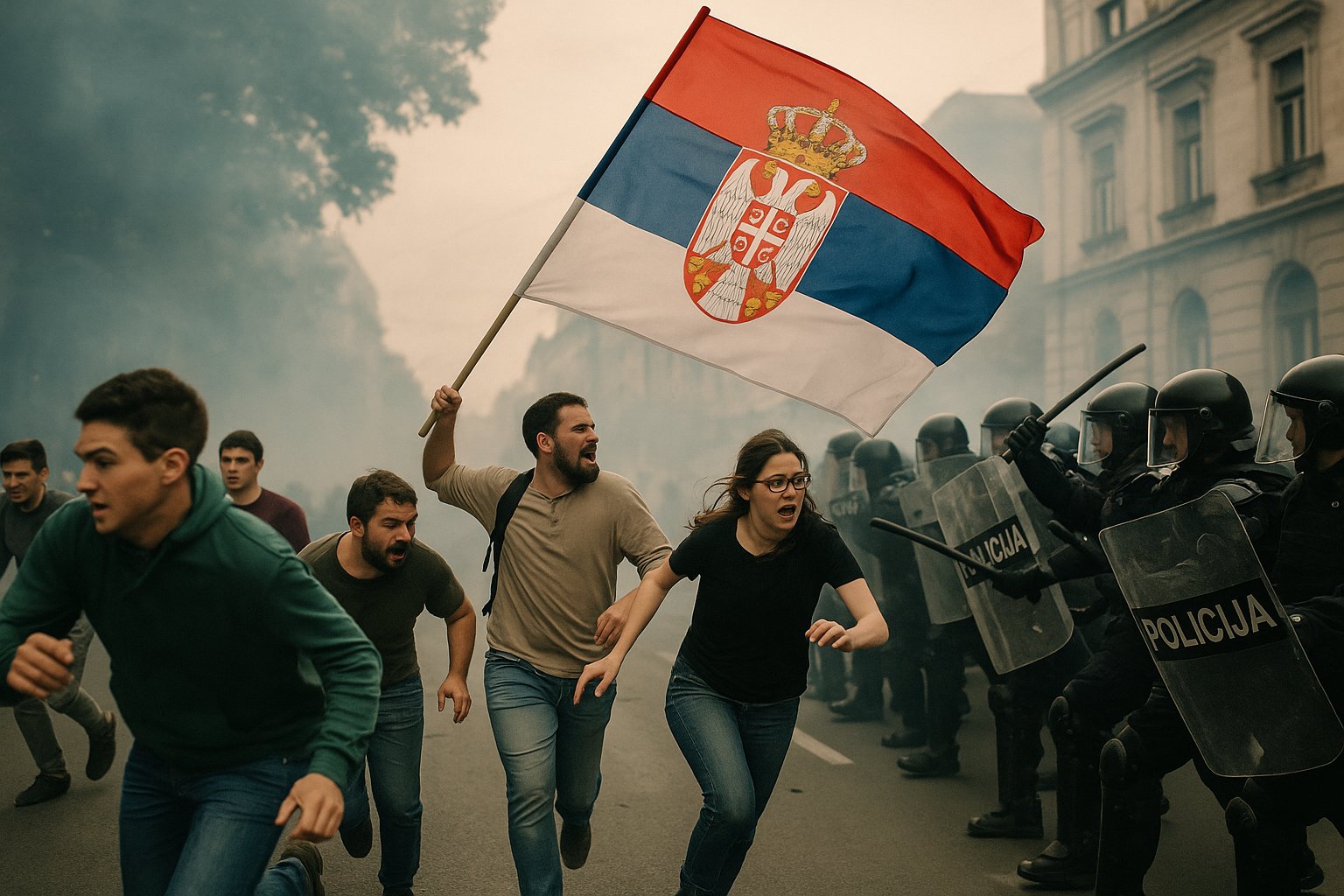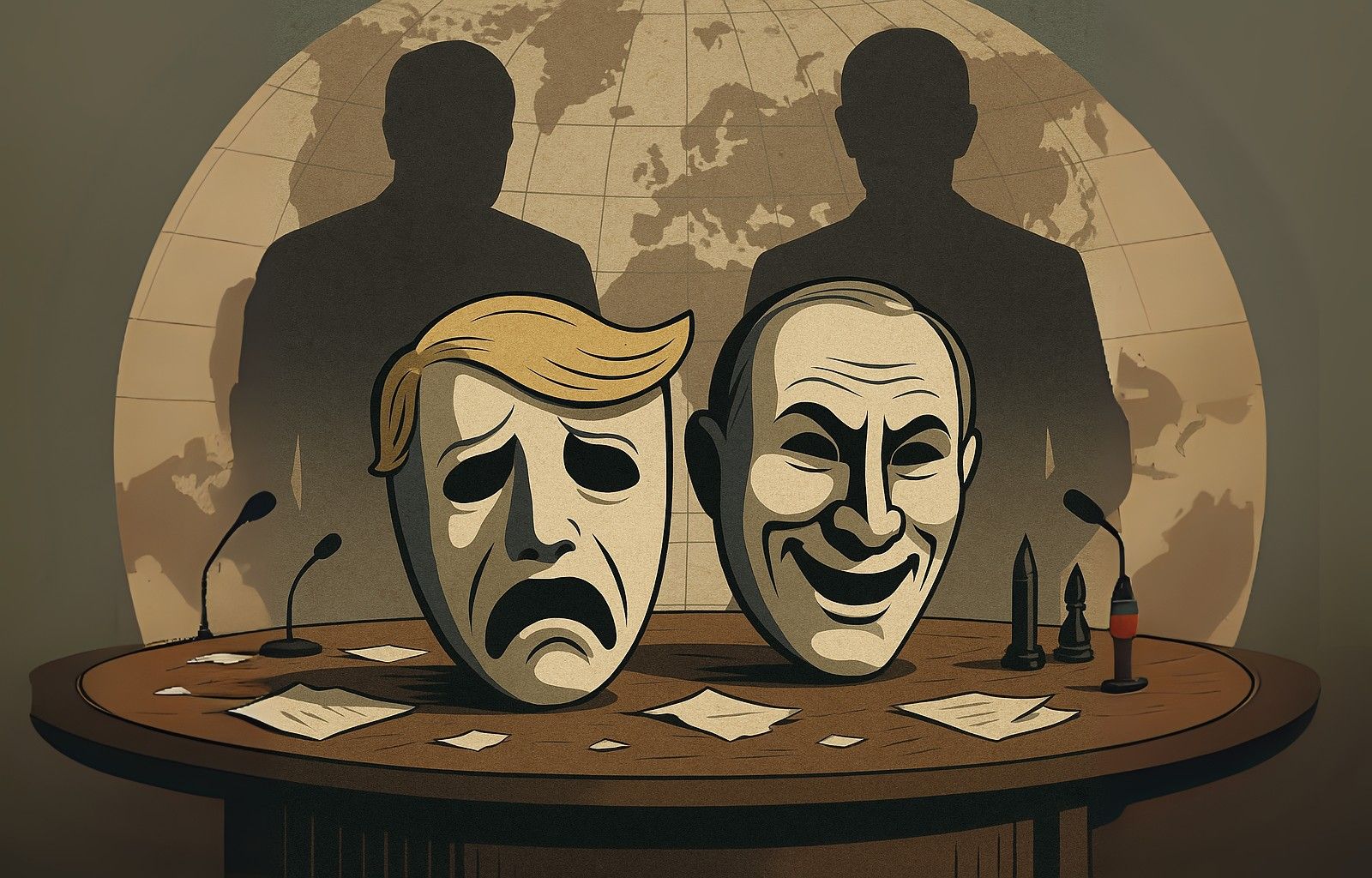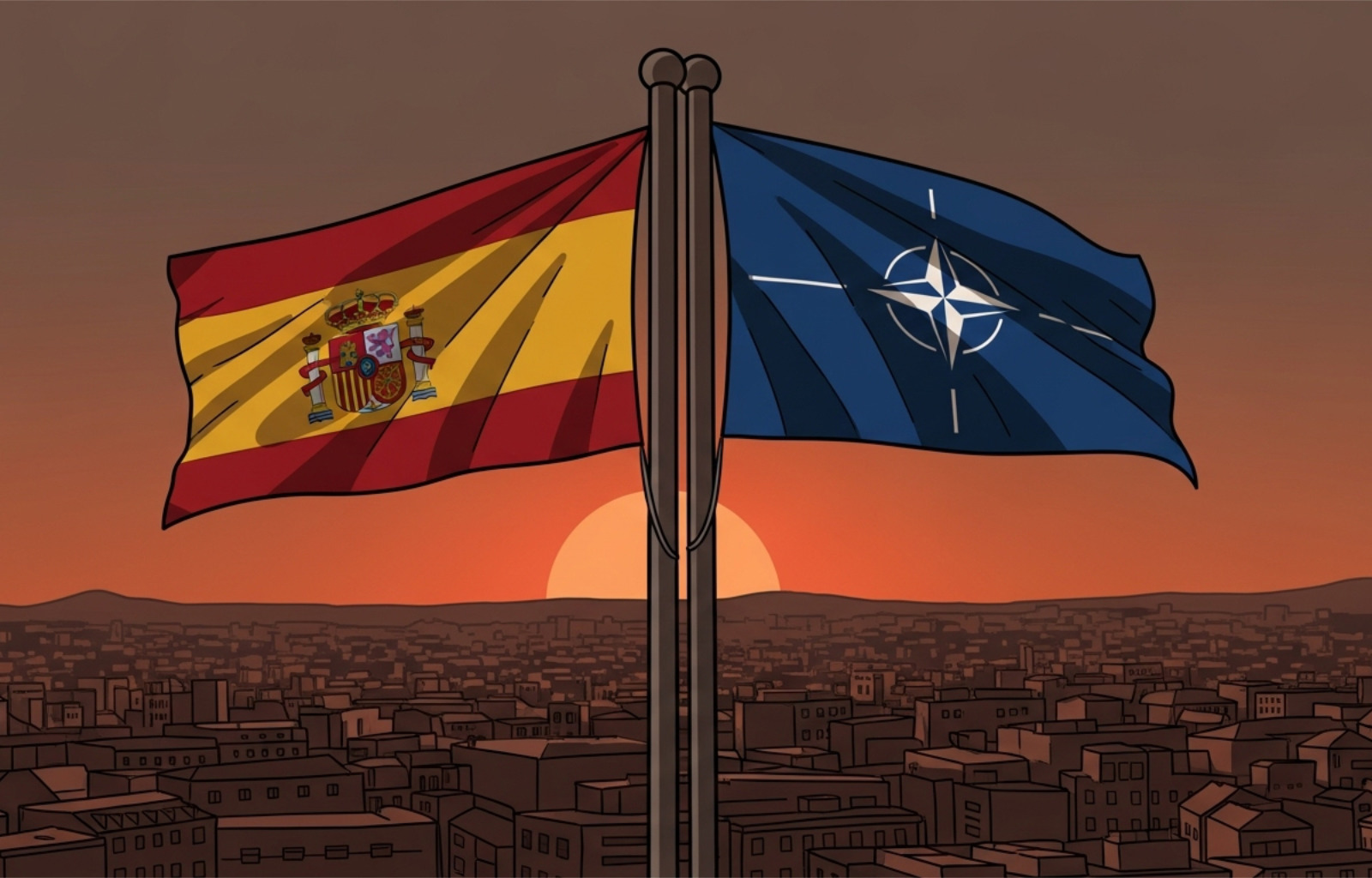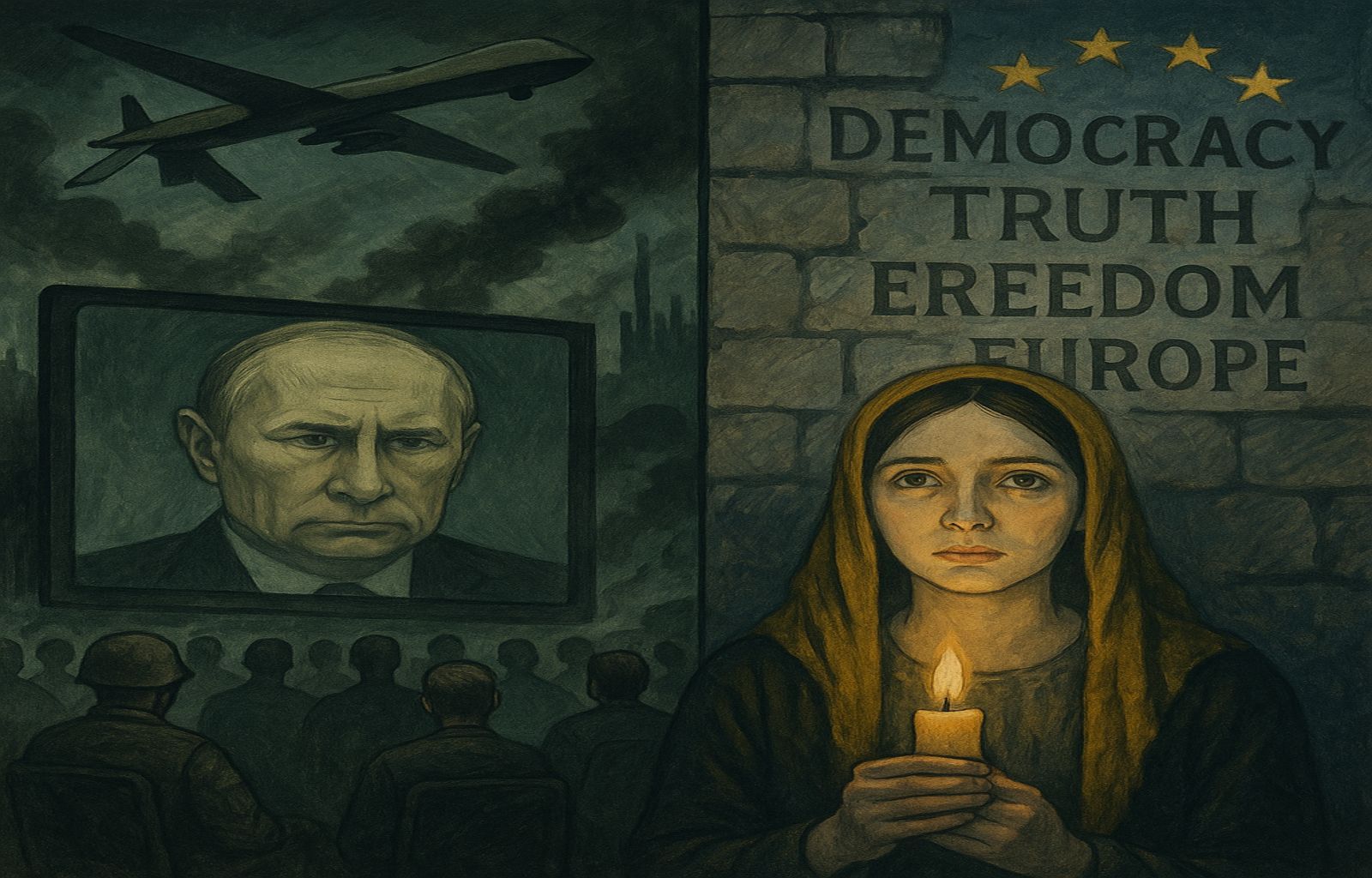What happened in Romania: details, actors and para-mafia infiltration
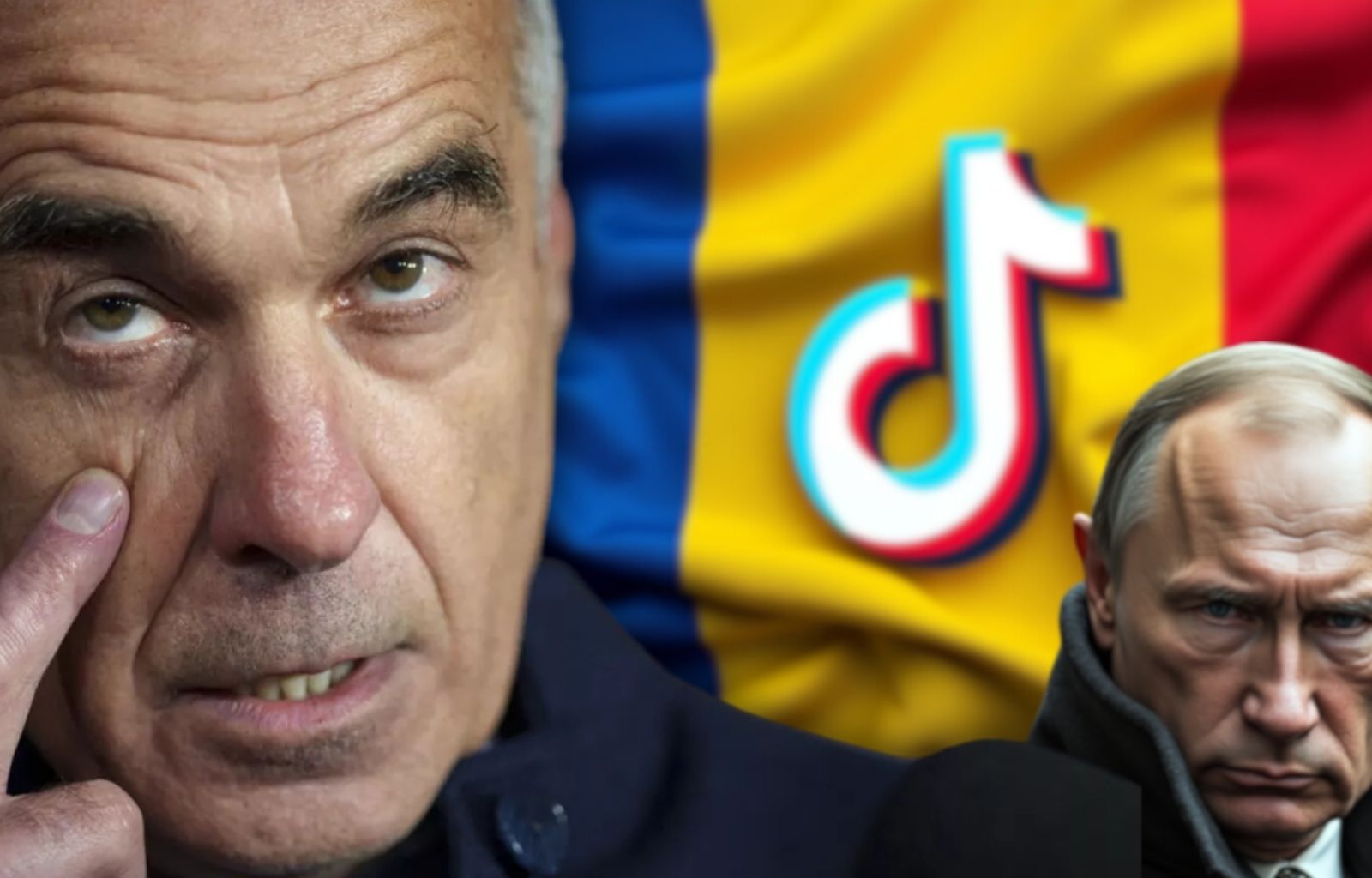
Romania is at the centre of an unprecedented democratic crisis. On 6 December 2024, the Constitutional Court annulled the results of the first round of the presidential elections, citing serious irregularities and suspicions of external interference. This decision came a few days after the results were announced, raising profound questions about the vulnerability of the country’s democratic process.
The story and its protagonists
The first round of the presidential elections, held on 24 November 2024, saw the far-right independent candidate Călin Georgescu gain a plurality of votes, followed by the centre-right candidate Elena Lasconi. The candidate supported by the Social Democratic Party Romania, Marcel Ciolacu, the outgoing prime minister, came third. This result brought the two candidates to a runoff scheduled for 8 December.
However, soon after the first round, the first allegations of vote manipulation and counting anomalies emerged, prompting several political forces to call for a formal investigation. The picture was further complicated when the authorities made it known that there was evidence of possible involvement of external actors, in particular Russia, in operations to destabilise the electoral process.
On more than one occasion, Georgescu had declared that he had not spent a single leu (the Romanian currency) on his election campaign, claiming that it was entirely based on volunteers. However, these statements clashed with the widespread perception of professional mobilisation, which especially in the last weeks of the campaign had shown a significant impact on the main social networks, starting with TikTok.
The actors of the infiltration attempt
Preliminary investigations revealed a complex network of Kremlin-linked groups and individuals involved in trying to influence the elections:
- APT28 (Fancy Bear): This hacker group, affiliated with Russian military intelligence (GRU), is suspected of targeting Romanian election servers to alter or compromise data.
- Pro-Russian portals: Platforms such as Sputnik România and RT Actualități disseminated content aimed at delegitimising pro-Western candidates and promoting Georgescu as a defender of national sovereignty.
- Social media campaigns: It emerged that accounts on platforms such as TikTok and Telegram, created in early 2022, suddenly became active to promote Georgescu, with significant payments to influencers to amplify his message.
- Local oligarchs: Romanian authorities conducted several searches in connection with suspicions of illicit funding of Georgescu’s campaign, focusing on properties linked to Bogdan Peschir, accused of running a significant campaign on TikTok in support of Georgescu. Peschir, a 35-year-old entrepreneur and owner of companies in the IT sector, known online as ‘Bogpr’, allegedly used his TikTok account to make donations in excess of one million euro to influencers charged with promoting Georgescu on the platform.
This complex network reflects a modus operandi already observed in other destabilisation operations attributed to Russia, aimed at weakening democratic institutions and strengthening its geopolitical influence.
The Constitutional Court’s decision
The Constitutional Court based its decision onArticle 146(f) of Romania’s Constitution, which gives it the power to resolve challenges regarding the constitutionality of electoral acts or procedures. Moreover, it referred to Law No. 370/2004 on presidential elections, highlighting procedural violations that compromised the transparency of voting.
In its official statement of 6 December, the Court ruled that:
- The entire election process is cancelled.
- The government must set a new electiondate and review the election programme, ensuring that future procedures respect the principles of transparency and legality.
- The decision is final and mandatory and will be published in the ‘Monitorul Oficial’, Romania’s official gazette.
The press release of the Constitutional Court is attached:
The judicial authorities also recommended extraordinary measures to strengthen IT security and ensure the transparency of election financing, in light of allegations of external interference.
Russian interference: a multiple strategy
Experts pointed out that Russian interference would develop through a combination of cyber-attacks and disinformation campaigns:
- Cyber attacks
Official sources indicated that Romanian election management systems were allegedly targeted by hackers connected to the APT28 group, already known for other similar operations in Europe. These attacks allegedly aimed to undermine trust in the electoral system by spreading false data on preliminary results. - Disinformation on social media
Channels associated with pro-Russian media allegedly disseminated content aimed at delegitimising pro-Western candidates, presenting them as agents of the West incapable of defending national interests. At the same time, Georgescu was described as the ‘defender of sovereignty’, a message that was echoed by the most Eurosceptic segments of the population. - Covert support for election campaigns
Some Moscow-linked NGOs allegedly financed events and advertisements in favour of candidates considered more ‘neutralist’, primarily Georgescu, creating an unfair competitive advantage.
International Reactions
The international community expressed concern over the cancellation of the elections in Romania and over alleged Russian interference. The US State Department stressed the importance of protecting the integrity of democratic processes and offered assistance to ensure free and fair elections.
The European Union called for a thorough investigation of foreign interference and urged measures to strengthen election security.
In France, President Emmanuel Macron declared that ‘the democratic sovereignty of every nation must be respected’ and offered France’s support to ensure the transparency of future elections in Romania. German Chancellor Olaf Scholz expressed ‘deep concern’ about external interference and stressed the importance of a united Europe in countering such threats.
In Italy, reactions were mixed. Deputy Prime Minister Matteo Salvini – known for his direct and indirect relations with the Russian government – called the annulment of the vote ‘dangerous’, suggesting that the decision may have been influenced by external pressures, such as those from Brussels or figures like George Soros. On the contrary, Foreign Minister Antonio Tajani expressed concern about possible Kremlin influence on the Romanian electoral process, stressing the need to defend democracy from foreign interference.
A crucial moment for Romania and Europe
This episode represents a crucial moment for Romania. The reputation of its democratic institutions is at risk, and the government will now have to prove that it can guarantee free and transparent elections. Moreover, this crisis is likely to lead to a thorough review of electoral security and campaign financing laws.
European democracy has been put to the test. The annulment of the presidential elections in Romania, decided by the Constitutional Court, is not only a domestic issue: it represents yet another offensive against the founding values of the European Union. Foreign interference, electoral manipulation and disinformation campaigns orchestrated by external actors have shown how fragile the democratic process is even at the heart of Europe. This crisis is not just about Romania: it is a warning for the entire continent.
Never before has a presidential election in Romania been annulled. This fact is a clear signal for the whole of Europe: modern democracies, even within the European Union, are not immune to manipulation and external attacks.
Russian infiltration is like a mafia infiltration
Underestimating Russian infiltration in democratic elections in European countries would be like accepting the impact of mafia infiltration in Italian local elections: an act of collective shortsightedness that undermines the founding principles of democracy. Just as criminal organisations distort the electoral process to consolidate their power on a territorial level, Russian interference acts on a geopolitical scale, seeking to divide Europe from within and to weaken citizens’ trust in democratic institutions. In both cases, the result is a compromised political system, unable to truly represent the will of the people and vulnerable to manipulation by external actors. Not reacting with strength and unity to these threats means accepting a gradual hollowing out of the democratic values that lie at the heart of the European Union. Romania’s response to this crisis will define not only the country’s political future, but also its role in defending European democratic values.



